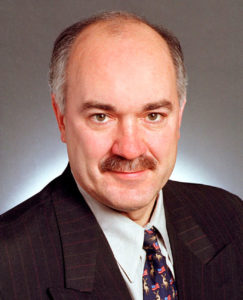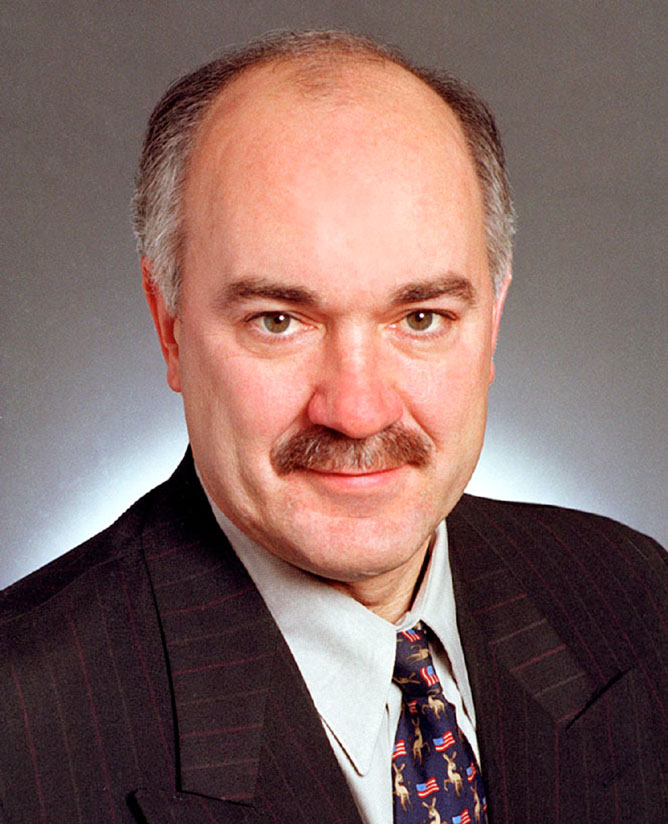 The recent flap with State Senator David Tomassoni‘s (D-Chisholm) attempt to take a job with an organization that lobbies the Capitol has drawn attention – once again—to Minnesota’s campaign finance laws.
The recent flap with State Senator David Tomassoni‘s (D-Chisholm) attempt to take a job with an organization that lobbies the Capitol has drawn attention – once again—to Minnesota’s campaign finance laws.
When it comes to holding our elected officials accountable, understanding potential conflict of interest is a citizen’s right. While Minnesota prides itself in the area of transparent government, the fact is that Minnesota’s economic disclosure requirements are still some of the weakest in the country, despite legislation passed in 2014 to strengthen requirements. According to the National Conference of State Legislatures Minnesota still allows for income derived as an independent contractor to be listed without stating the source of income. In the case of the
Economic Interest Statements filed with the Minnesota Campaign Finance Board require all elected officials, candidates, and appointed public officials to disclose who employs them, where the candidate owns property in Minnesota, investments in stocks or mutual funds, and whether there are any financial interests in horseracing. While there is a requirement to disclose “associated businesses” –which are legal entities where the public official holds a position and/or has a financial stake– there is no required reporting of any other sources of income that a public official receives as an independent contractor. The changes made in 2014 tried to address this issue, by requiring that elected officials report principal business or professional activity “category” from which they’ve received compensation of more than $2,500 over the course of the year, although they do not have to list the specific source of that income nor do they have to list the amount. So, an official could take in $10,000 from ABC Crop Growers Association for professional services and consulting, but it would only be reported as “Professional Activity: Category: Professional, Scientific, & Technical Services (Other)”
The latest disclosure reports are due to the Minnesota Campaign Finance Board on April 30 which will cover the period through March 31, 2015. The new disclosure requirements were enacted last summer.












